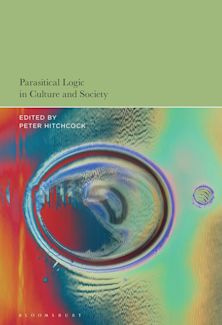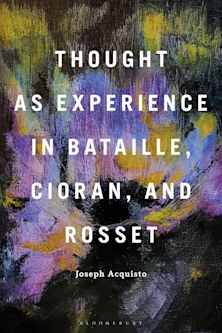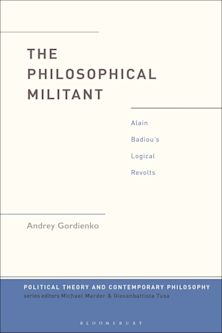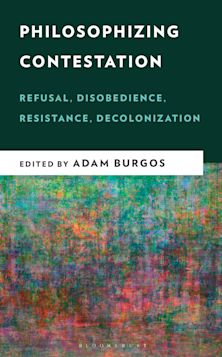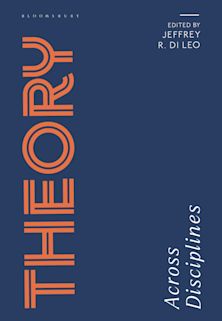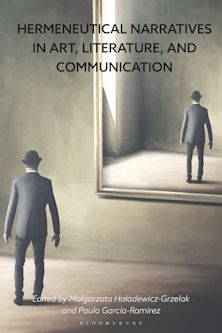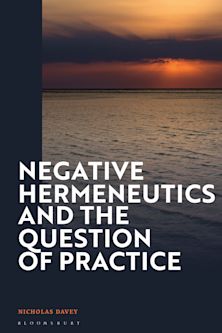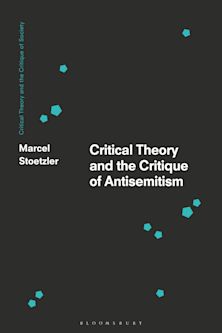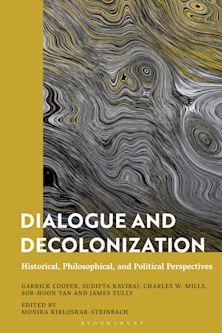- Home
- ACADEMIC
- Philosophy
- Critical Theory
- Alterity and Criticism
You must sign in to add this item to your wishlist. Please sign in or create an account
Description
How does the theme of the other–-as person, experience or alternative conceptual scheme—allow us to reassess the role of the self in literary texts? This book employs phenomenology and semiotics to argue that modern literature is strongly concerned with the role of time in the construction of the self.
Alterity and Criticism: Retracing Time in Modern Literature argues that the role of time in canonical literature underlies the experience of alterity and requires a new hermeneutic to clarify how the self emerges in literary texts. Romantic poetry from Goethe to Shelley and the modern prose tradition from Flaubert to Butor constitute different traditions but also indicate, on a textual basis, how alterity performs a crucial role in reading, thus encouraging us to interpret literary texts in terms of the related concerns of self, other and time. The author examines the phenomenology of Emmanuel Lévinas and Wolfgang Iser, as well as the cultural semiotics of Julia Kristeva, to argue that modern literature provides the occasion for a new understanding of the self in time and, in this way, addresses some of the pressing literary problems of our own period.
Table of Contents
Product details
| Published | 08 Nov 2017 |
|---|---|
| Format | Ebook (Epub & Mobi) |
| Edition | 1st |
| Extent | 238 |
| ISBN | 9781786601513 |
| Imprint | Rowman & Littlefield |
| Publisher | Bloomsbury Publishing |
About the contributors
Reviews
-
Melaney intricately connects the dissolution of subject-centered consciousness, interrupted by "alterity" as audaciously expressed in modern literature, to reflections of phenomenology, semiotics, hermeneutics, and psychoanalysis. He highlights broken circuits of reflexivity as key to reading in the mode that in the modern period gives us "literature" – provocatively presented as a creation of criticism.
William Franke, Vanderbilt University
-
Melaney’s book is a welcome addition to ethical criticism because it eschews the danger of merely stating the alterity of the Other. The strength of Melaney is his philosophical rigor allied with an attention to textual detail, historical context, and theoretical conversations that illuminate the texts discussed, from Goethe to Joyce, from the Romantics to Eliot and Butor. Alterity appears here less as a recurrent theme than as a question posed to literature so as to prevent semiotic closure: texts are shown to be irreducibly open to the time of the Other.
Jean-Michel Rabaté, Professor of English and Comparative Literature at the University of Pennsylvania












